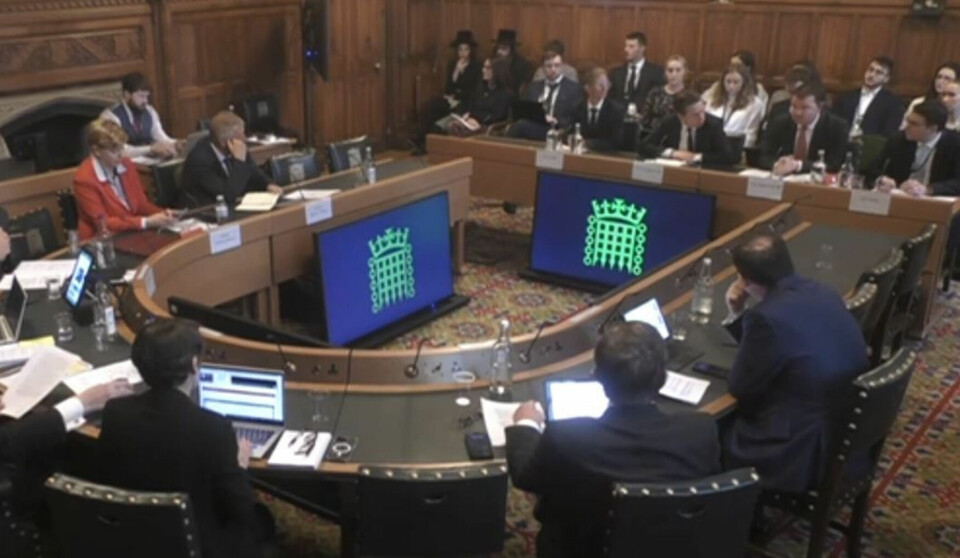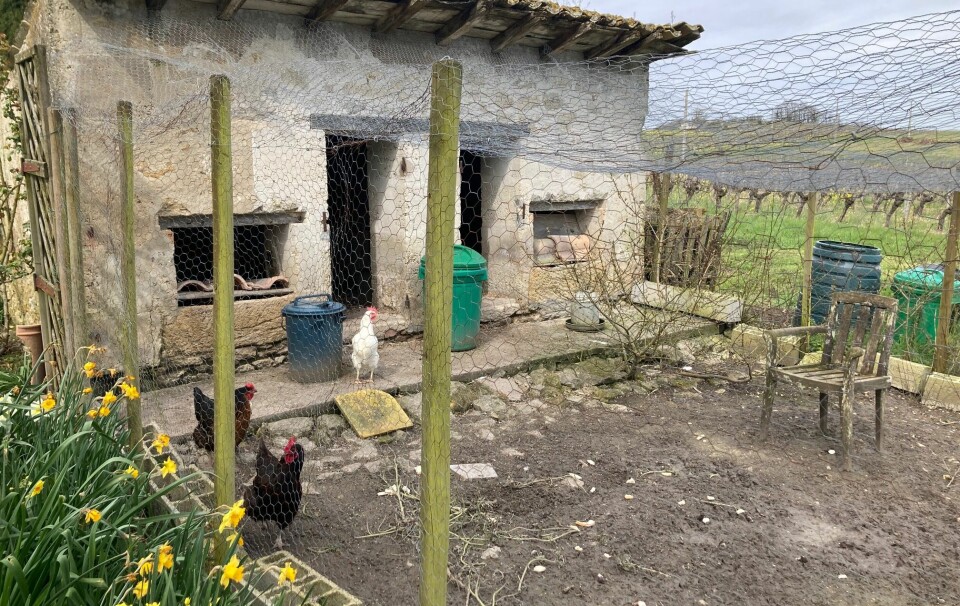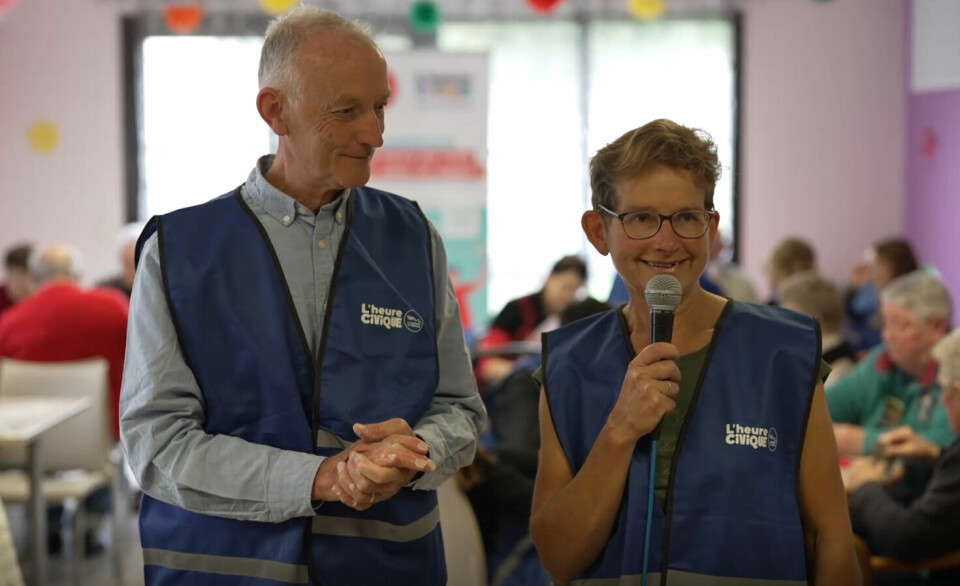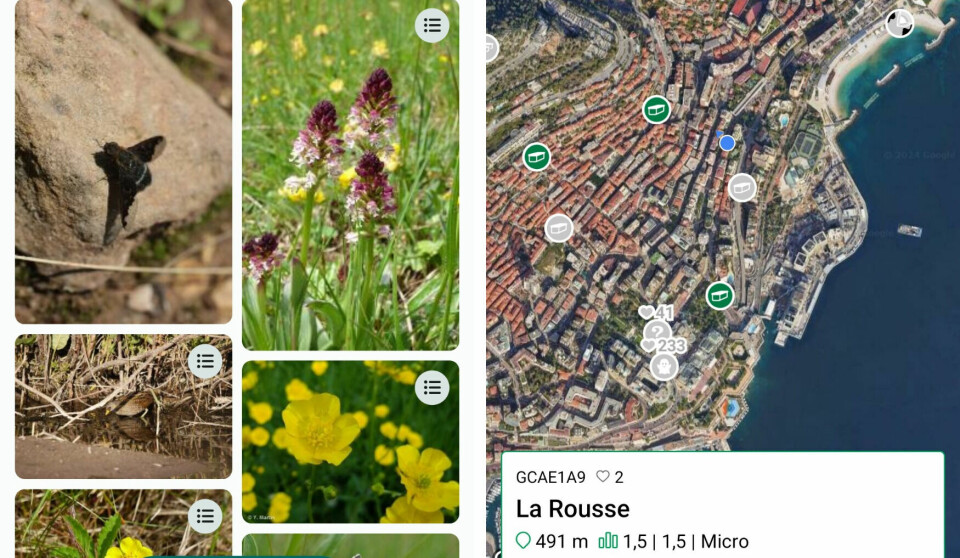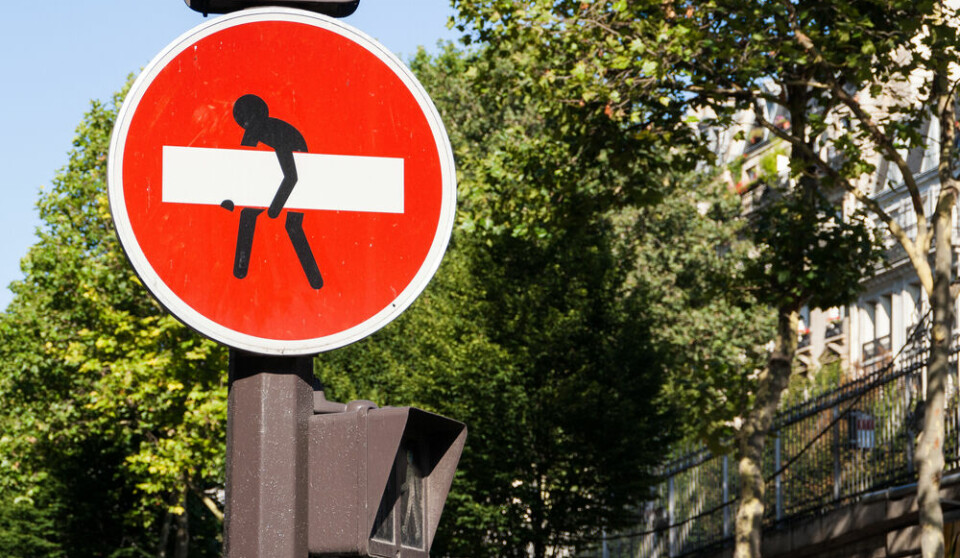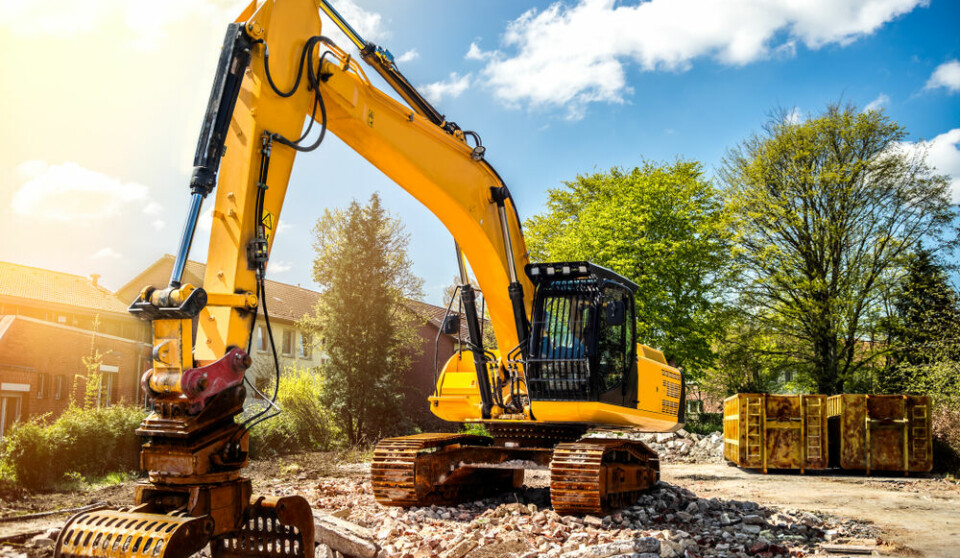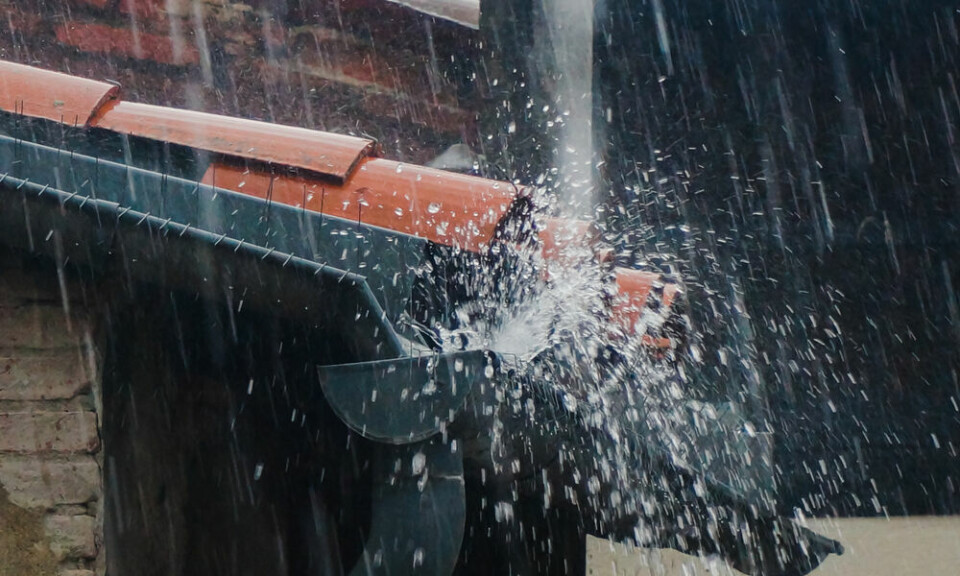-
Channel Tunnel is 30 years old today
Technological wizardry, historic handshakes and catastrophe on the stock exchange mark the history of the Channel Tunnel
-
Couple buy Picasso plates for €4 at brocante - and sell for big profit
The two plates have now been sold at auction in France
-
French motorway closed after hives fall out of lorry releasing bees
Dozens of hives were cracked open after toppling during a crash
Heightened weather alerts as France records record rain
President Macron visits flood-stricken north as poor weather continues
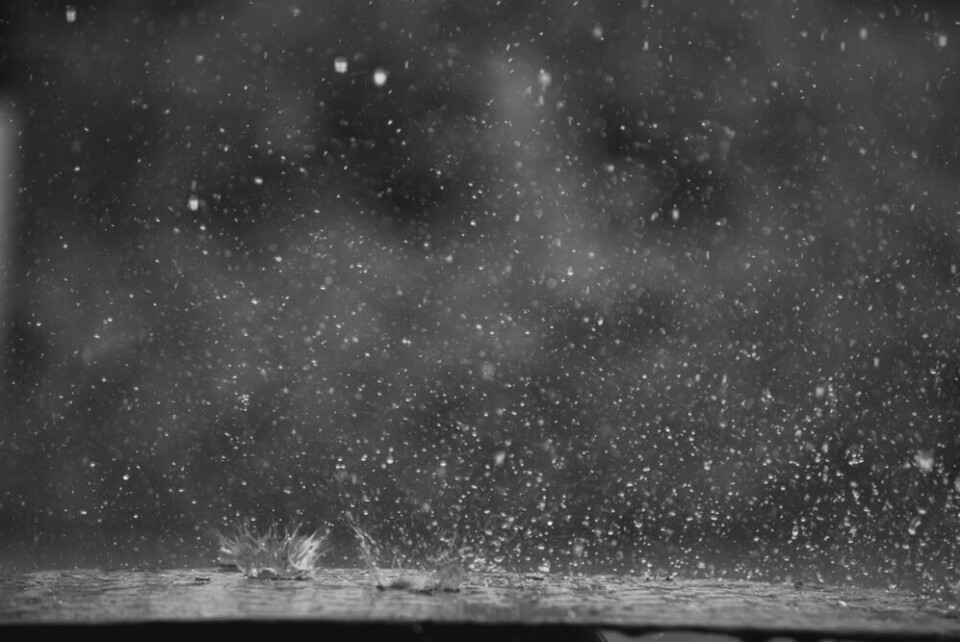
The number of departments facing heightened weather warnings has increased to ten today (November 14) with over half of France now facing a weather warning of some kind.
In the east, six departments are under heightened alert for heavy rain (Savoie and Haute-Savoie) or high river levels (Doubs, Jura, Isère, and Vosges).
Along the western coast, Charente-Maritime and Vendée continue to face heightened alerts for high river levels.
In the north, Nord and Pas-de-Calais both remain on a tier-three orange warning for river flooding, but the latter was also on heightened alert from 11:00 today for heavy rainfall, as stormy weather from the Channel makes its way across the department.
President Emmanuel Macron is visiting the area today, which has been hit by severe flooding and seen thousands displaced or without running water or electricity.
It comes as public weather forecaster Météo France announced that over the last 26 days a record amount of rainfall has hit France, averaging over 215 mm across the country.
North could face warnings ‘until end of month’
In Pas-de-Calais, there are fears that up to 40 mm of rain could fall, which would impact areas already waterlogged and saturated.
The risk of further flooding is “very high” in most areas there, said meteorologist Patrick Marlière, and the threat will be at its highest overnight.
Tomorrow (Wednesday November 15) will see a brief respite from the rain although it is expected to pick up again from Thursday.
From this morning no weather warnings are expected on Wednesday – and schools are expected to reopen – but this could change depending on conditions tonight.
The meteorologist believes the Pas-de-Calais department could face warnings of some kind until the end of the month, saying “a dozen or so days without rain” is needed for soils to soak up excess water.
Alongside President Macron and his wife, three ministers will also visit the department to assess the damage from flooding.
“The problem we have is rehousing dozens of households. In our area alone… there are 800 [displaced people] said the mayor of Saint-Étienne-au-Mont.
Other communes are still struggling with a lack of running water, with bottled water being distributed.
Read more: What to do (and not do) during heavy rain and flood alerts in France
Most of France facing warnings
Other departments facing heightened alerts yesterday have remained at a heightened level. Vosges was added to the list this morning.
For departments where stretches of river are facing warnings of burst banks, more information can be found on the Vigicrues website.
Alongside those on heightened alert, dozens of rivers are facing tier-two yellow warnings for high water levels, after heavy rains in the east, and long-lasting showers in the west.
Many other departments are facing tier-two alerts for strong winds, which could reach up to 90 km/h on the mainland and 100 km/h in Corsica.
Along the Atlantic coast, some departments are facing warnings for strong waves, and mountainous departments in the east are facing alerts over possible avalanches.
You can find more information on the Météo Francewebsite – warnings are likely to change over the course of the day.
One place where there are no weather warnings is the south-east (in the Alpes-Maritimes and Var departments) and Perpignan, where ‘springlike’ temperatures of around 23C are expected.
Record rainfall over the last month
The intense rainfall in the north, alongside the passages of Storms Ciaran and Domingos, the dramatic épisodes cévenol of October, and the typical autumn rain, has seen national rainfall records broken.
“Between October 18 and November 12, France recorded an average cumulative rainfall of 215.4 mm," said Météo France.
"We have to go back to 1993 to observe a cumulative total of 196.9 mm [the next highest] between September 21 and October 16,” it added.
The weather has done much to lift French communes out of drought restrictions, as the rain has refilled underground reservoirs and water tables.
However, in the Occitanie region, many communes have seen little rain and still face severe drought restrictions.
You can see if your commune is still affected by restrictions by typing in your address on the official VigiEau website.
Related articles
What is France's 'drought' website VigiEau?



